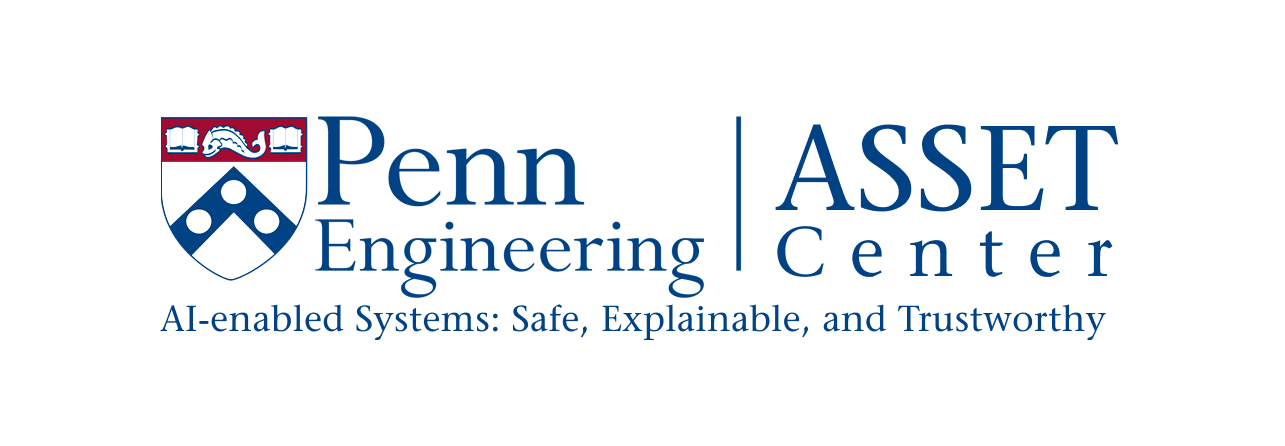
Hamsa Bastani (University of Pennsylvania): “Unpacking the Unintended Consequences of AI in Education”
Abstract:
The rapid integration of AI into educational settings presents opportunities and challenges—this talk will discuss findings from three large-scale field studies investigating the impact of AI on student learning. First, we found that unfettered access to ChatGPT negatively impacted short-term student learning outcomes. Second, to understand longer-term effects, we examined learning in chess academies. Contrary to the popular strategy of promoting student agency, our findings show that self-regulated learning—where students decide when to request AI help—can substantially harm learning by diminishing engagement/motivation. Third, we found that training students with “adversarial examples” significantly improved their ability to identify and correct ChatGPT-generated hallucinations, enabling effective human-AI collaboration. Taken together, these studies suggest that while providing students with unguided AI tools can be detrimental, targeted interventions that train students to critically engage with AI can be beneficial.
Biography:
I am an Associate Professor of Operations, Information, and Decisions (OID) as well as Statistics and Data Science at the Wharton School of the University of Pennsylvania, where I co-direct the Wharton Healthcare Analytics Lab. My research focuses on developing novel machine learning algorithms for learning and optimization, including methods for sequential decision-making (bandits, reinforcement learning, active learning), learning from auxiliary data sources (transfer learning, meta-learning, surrogates), and designing effective human–AI interfaces (interpretability, fairness). Recently, I have been exploring how AI systems affect and augment human behavior, with the goal of designing AI tools that help humans thrive.
I am passionate about applying machine learning and AI to tackle high-impact societal problems across domains like healthcare, public policy, and education. I have worked closely with national governments to deploy algorithms at the country scale for improving public health outcomes. For example, I collaborated with the Government of Greece to nearly double the efficacy of their national border COVID-19 screening via reinforcement learning, and with the Government of Sierra Leone to improve patient access to essential medicines by nearly 20% via decision-aware learning. Moreover, I co-led the first large field study deploying generative AI tutors in high school math classes, demonstrating critical risks for human overreliance and deskilling. My recent work continues to use a combination of field evidence from randomized controlled trials and theoretical models to inform the careful design necessary for effective human-AI collaboration.
My research has been published in leading outlets including Nature, Management Science, Operations Research, and PNAS, and has garnered numerous recognitions, including the Wagner Prize for Excellence in Operations Research, the INFORMS Pierskalla Award for best healthcare paper, and the George Nicholson Prize. Previously, I graduated summa cum laude from Harvard in 2012 with a A.M. in physics, and a A.B. in physics and mathematics, completed my PhD in Stanford’s Electrical Engineering department under the supervision of Mohsen Bayati, and spent a year as a Herman Goldstine postdoctoral fellow at IBM Research.
I primarily teach OIDD 321: Introduction to Management Science, for which I received multiple Wharton Teaching Excellence Awards. I currently serve as an Associate Editor for Operations Research, M&SOM and OR Letters. I serve on the Steering Committee for the Penn Center for Health Incentives and Behavioral Economics and on the statistics advisory committee for the AHA Food is Medicine Initiative. Outside academia, I serve on the Workday AI Advisory Board.
Zoom: https://upenn.zoom.us/j/97863863567

